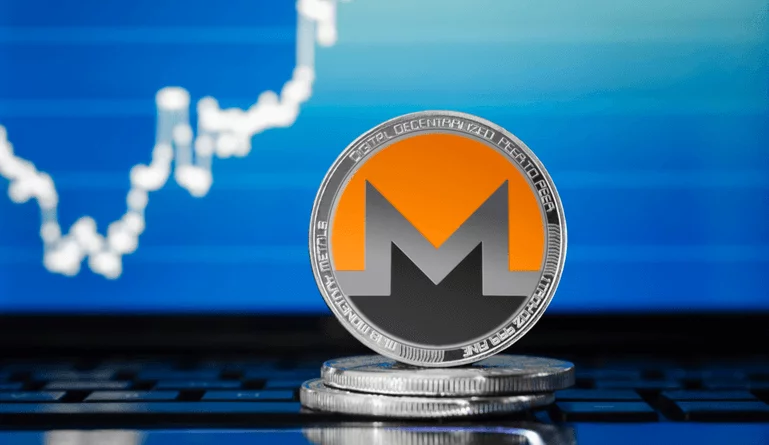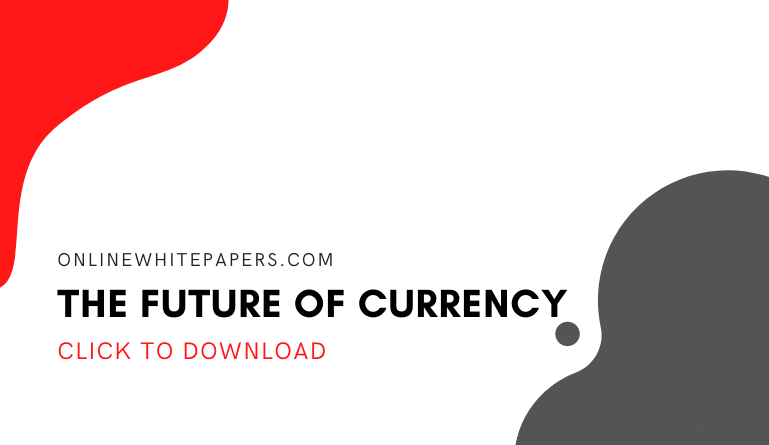The topic of digital currency has been a hot-button issue for the last several years. With the rise of e-commerce from online shopping and selling, the creation of e-currency, or, as it is better known as cryptocurrency, was inevitable.
Well-known platforms like Bitcoin have been a trailblazer in the digital currency market for popularizing the concept of buying and selling via electronic mechanisms known as blockchains. Bitcoin utilizes blockchains like memory links, and it records the movement of digital currency on the platform between consumers and producers.
But there is another platform in the cryptocurrency space that offers similar services in the digital currency market. Monero, like Bitcoin, provides a way for people to deposit, receive, and exchange digital currency. This allows for people to have access to funds to take full advantage of the e-commerce market.
( Also Read: Digital Currency: The Ultimate Guide )
Think about how sometimes the mundane activity of browsing online leads one to find a product or service that they want to try. A visit to the website informs the viewers that the business does not have brick-and-mortar stores. Thus, potential consumers must have digital currency to become a buyer. Platforms like Bitcoin and Montero give users the chance to participate in the digital market. However, there is one fundamental difference between the two.
While Bitcoin and Monero operate on blockchains, the latter deviates from how it runs the electronic mechanism. With Monero, blockchains are used to privatize the movement of cryptocurrency amongst users. “Monero’s blockchain makes transaction details, like the identity of senders and recipients, and the amount of every transaction, anonymous by disguising the addresses used by participants,” (Investopedia.com). The appeal of using Monero could be its ability to conceal sensitive activity online in a world where privacy seems like an antiquated concept.
With Bitcoin, everything is monitored and can technically be censored. If a person is using their bitcoin for illegal activities such as prohibited substances, theft, and betting, their account can be penalized and even terminated. Monero “uses Ring Signatures to mix the digital signature of the individual making an XMR transaction with the signatures of other users before recording it on the blockchain,” (kraken.com). Those signatures are specialized keys that are assigned to users to unlock or sign-off on signatures to access digital currency from transfers made by other accounts. Those accounts are usually placed in groups.
For instance, if a user has an account linked to various clients from their online business, they can distribute and receive cryptocurrency discreetly without anyone else in the group being alerted to whom and where the transaction is going. The obvious upside of Monero compared to Bitcoin is discretion. The downside is how that discretion is used. “The non-traceability and privacy features allow them to be used for disreputable purposes and at questionable marketplaces, including those like drugs and gambling,” (Investopedia.com).
But, if one were to read this article and say, “Well, I’m not a criminal,” they wouldn’t be protected from the risks of using Monero. Just because Monero provides users with privatization doesn’t mean that it is completely safe. Hackers have been known to create viruses to collect user data and sell it to 3rd parties. Plus, with activities on Montero being hard to track, police and other agencies can find it difficult to stop such attacks.
Another way Bitcoin and Monero differ is how they carry value. With Bitcoin, since all activity is recorded then every transfer, deposit, and receipt of cryptocurrency has a mark that distinguishes each currency “coin”. With Monero, since all activity is private, all currency is traded with no “marks.” Think about it this way, “two $1 bills are equal in value, they are not fungible, as each carries a unique serial number. In contrast, two one-ounce gold bars of the same grade are fungible, as both have the same value and don’t carry any distinguishing features,” (Investopedia.com).
In essence, Monero is like banking without restrictions. No censorship, no limits, and with privacy in mind. With regular online banking, if one wanted to transfer over $1,000 to a family member, they probably would have to use a wire, which generally has fees. Monero has no cap to how much digital currency one can send and receive.






